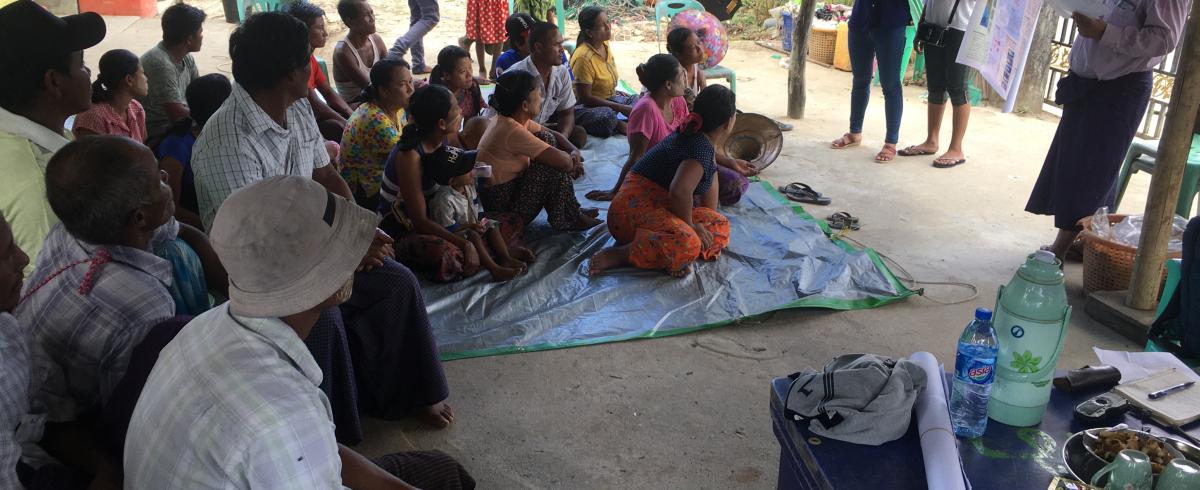Strengthening Conservation Community Enterprises (CCEs) E-Course
CCEs, such as SSF and Aquaculture cooperatives, are small, locally-run businesses providing livelihoods that also support the protection of habitats and biodiversity. However, CCEs often face significant obstacles in trying to make a sustainable living. Whether it’s the administrative challenge of establishing a business or a lack of capital to get things off the ground, these obstacles can prevent many enterprises from reaching their full potential.
To address this, WWF developed a self-paced e-learning course to help NGOs and community-based organizations better support communities in strengthening CCEs

